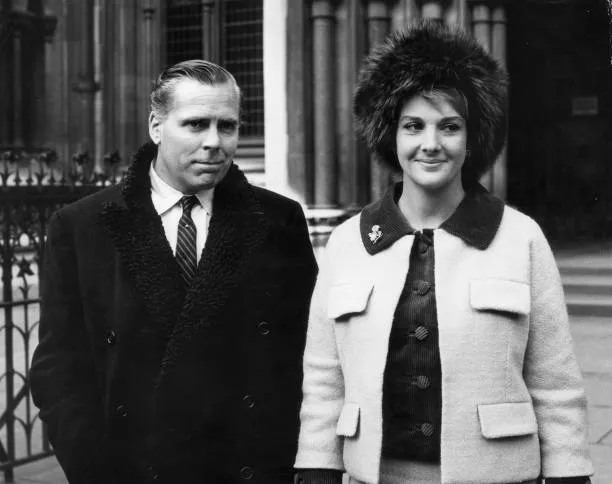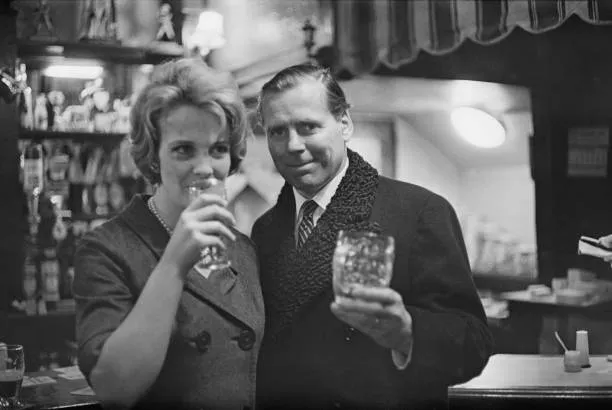The 1961 James Bond novel Thunderball, written by Ian Fleming, was the culmination of a collaborative effort with Kevin McClory and Jack Whittingham. Fleming, however, failed to credit his collaborators on the novel’s publication, leading to a decades-long legal battle that would have far-reaching consequences for the James Bond franchise.
The novel was initially meant to be a film, with Fleming, McClory, and Whittingham working together on an original screenplay in 1959. However, due to financial issues and Fleming’s loss of interest in McClory as the director, the project stalled. Fleming revisited the screenplay and used it as the basis for his novel, neglecting to credit his collaborators. McClory and Whittingham were incensed and threatened litigation if the novel was published without their involvement.
The legal battle began in 1963, with McClory receiving a settlement of £35,000 and the rights to any television and film adaptations of Thunderball. McClory would go on to produce the 1965 film adaptation, securing a “story by” credit and his role as the sole producer. The film was a massive success, grossing $141 million worldwide and winning the Academy Award for Best Visual Effects.

Kevin McClory (Photo: Kevin McClory)
The legal drama would continue, however, with McClory revisiting James Bond as an executive producer on the 1983 film Never Say Never Again. The film, released without the participation of MGM, was a retelling of the 1961 novel and saw the return of Sean Connery as Bond at age 53. The film was a commercial success and proved that McClory could still leverage his influence with the franchise.
Despite the success of Never Say Never Again, McClory would continue to file lawsuits against MGM, attempting to assert his partial ownership of the James Bond character. However, his efforts would ultimately be rejected, and the legal proceedings would finally come to an end in 2013 when MGM regained full ownership of the franchise.
























